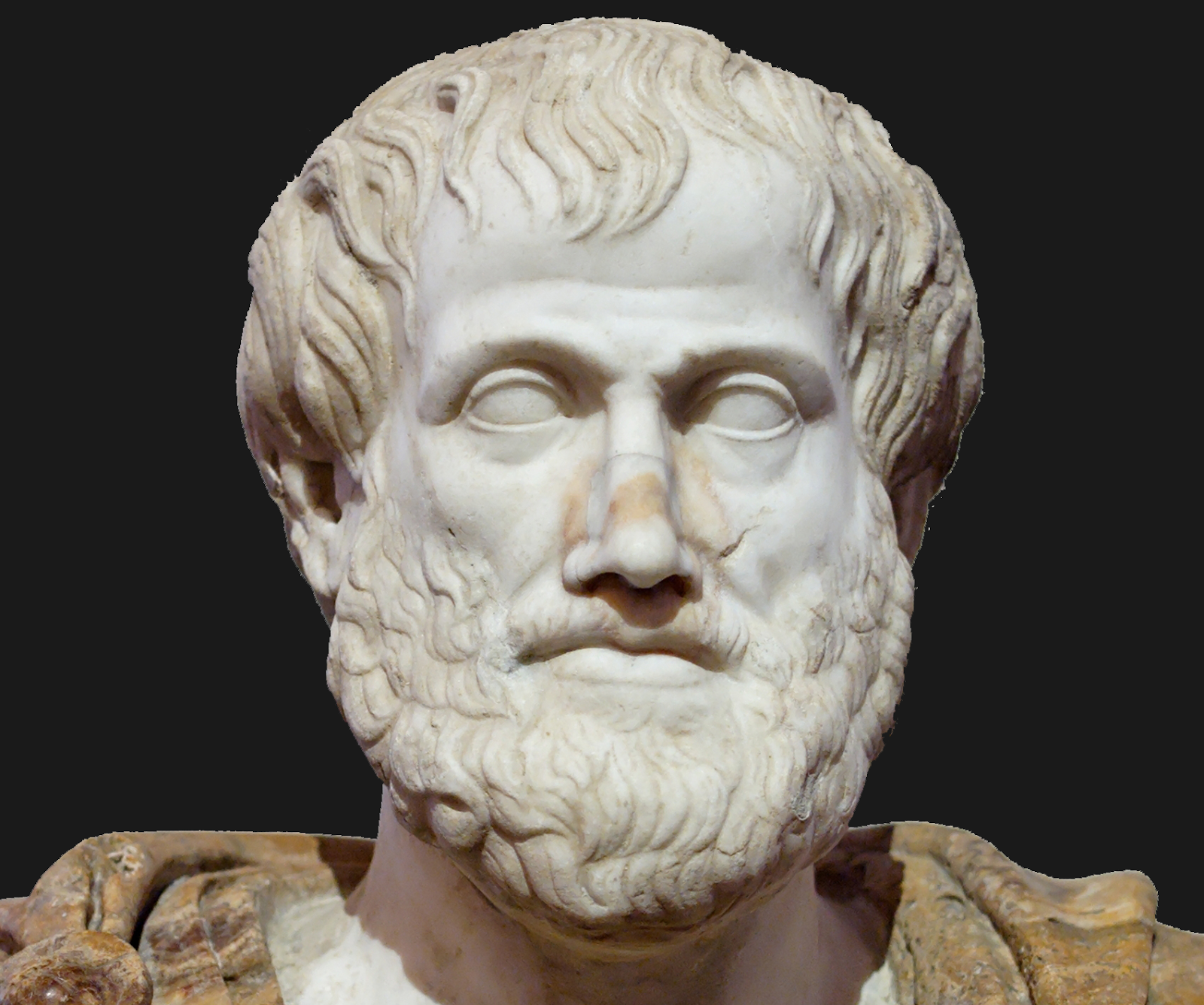The Wisdom Of Aristole: Exploring His Life And Contributions
Aristole stands as a monumental figure in the annals of philosophy, science, and ethics. His teachings have shaped the foundations of Western thought and continue to influence a wide array of disciplines today. As a student of Plato and a mentor to Alexander the Great, Aristole's intellectual legacy transcends time, offering insights that remain relevant in contemporary discussions. In this article, we will delve into the life and philosophy of Aristole, examining how his ideas have impacted various fields and their relevance in modern society.
Born in 384 BC in Stagira, Greece, Aristole displayed a remarkable aptitude for learning from an early age. His journey through the realms of knowledge began at Plato's Academy in Athens, where he spent nearly two decades absorbing the teachings of his esteemed mentor. However, Aristole's inquisitive nature led him to challenge and expand upon Plato's ideas, ultimately forging his own path in the world of philosophy. This unique blend of respect for tradition and a desire to innovate would define his contributions and establish him as one of the greatest thinkers in history.
Throughout his life, Aristole made substantial contributions to various fields, including metaphysics, ethics, politics, biology, and logic. His writings, characterized by systematic observation and empirical research, laid the groundwork for modern scientific inquiry. By exploring the principles of cause and effect, Aristole emphasized the importance of understanding the natural world through observation and reason. As we navigate through this article, we will uncover the key aspects of Aristole's philosophy and how his enduring wisdom continues to resonate in today's world.
What is the Biography of Aristole?
Aristole's life was marked by intellectual curiosity and a commitment to understanding the complexities of the world. His biography reveals the evolution of a thinker whose ideas would shape the course of Western philosophy.
| Detail | Information |
|---|---|
| Full Name | Aristole of Stagira |
| Date of Birth | 384 BC |
| Place of Birth | Stagira, Greece |
| Major Works | Nicomachean Ethics, Politics, Metaphysics, Poetics |
| Influences | Plato, Socrates |
| Notable Students | Alexander the Great |
| Date of Death | 322 BC |
What Were Aristole's Major Philosophical Contributions?
Aristole's philosophical contributions are vast and varied, encompassing numerous fields of inquiry. Some of his most significant contributions include:
- Metaphysics: Aristole's exploration of being and existence laid the groundwork for future metaphysical thought.
- Ethics: His work in ethics, particularly the concept of virtue ethics, emphasizes the importance of character and moral virtue in achieving a good life.
- Politics: Aristole's analysis of different political systems and his advocacy for a balanced government have had a lasting impact on political philosophy.
- Logic: Aristole is credited with developing the field of formal logic, introducing syllogism as a method of reasoning.
How Did Aristole Influence Science?
Aristole's approach to science was groundbreaking for his time. His emphasis on observation and classification laid the foundation for the scientific method. Key aspects of his scientific influence include:
- Biology: Aristole conducted extensive studies of plants and animals, classifying them based on their characteristics.
- Physics: He explored the nature of motion and causality, contributing to early concepts in physics.
- Natural Philosophy: Aristole's inquiries into the natural world paved the way for future scientists to engage in empirical research.
What Is the Relevance of Aristole's Ideas Today?
Despite the passage of centuries, Aristole's ideas remain relevant in contemporary discussions. His ethical framework, political theories, and scientific methods continue to influence modern thought. For example:
- Ethical Decision-Making: Aristole's emphasis on virtue ethics encourages individuals to consider character and moral integrity in their decisions.
- Political Structures: His analysis of governance informs discussions about democracy and civic responsibility.
- Scientific Inquiry: The principles of observation and classification introduced by Aristole are foundational to modern scientific research.
What Legacy Did Aristole Leave Behind?
Aristole's legacy is profound, influencing not only philosophy but also literature, politics, and the sciences. His writings continue to be studied and debated, serving as a key reference for scholars across various disciplines. Some notable aspects of his legacy include:
- Educational Influence: Aristole's teachings laid the groundwork for educational systems, promoting critical thinking and discourse.
- Philosophical Schools: His ideas inspired numerous philosophical schools, including the Aristotelian school of thought.
- Cultural Impact: Aristole's works have permeated literature, art, and popular culture, showcasing the enduring nature of his ideas.
How Did Aristole's Life and Work Shape Western Thought?
Aristole's life and work played a pivotal role in shaping Western thought. Through his systematic approach to philosophy, he established a framework for understanding the world that influenced subsequent generations of thinkers. His commitment to reason, observation, and empirical evidence laid the groundwork for the scientific revolution and modern philosophy.
What Can We Learn from Aristole Today?
In our fast-paced, technology-driven world, the teachings of Aristole remind us of the importance of critical thinking, ethical behavior, and a deep appreciation for the natural world. Aristole's emphasis on moderation, balance, and the pursuit of knowledge encourages us to approach life's complexities with wisdom and discernment. By reflecting on his insights, we can cultivate a deeper understanding of ourselves, our communities, and the world around us.
Conclusion: Embracing the Wisdom of Aristole
In conclusion, the life and teachings of Aristole remain a beacon of wisdom that transcends time and cultural boundaries. His contributions to philosophy, science, and ethics have shaped the very fabric of Western thought, providing invaluable insights that continue to guide us today. As we navigate the challenges of modern life, embracing the wisdom of Aristole can inspire us to seek knowledge, practice virtue, and engage thoughtfully with the world around us.
Unveiling The Iron Claw History: From Legends To Reality
Exploring The Controversial Question: Was Malcolm X Violent?
Unraveling The Mystery: The Pics Of Menendez Crime Scene


